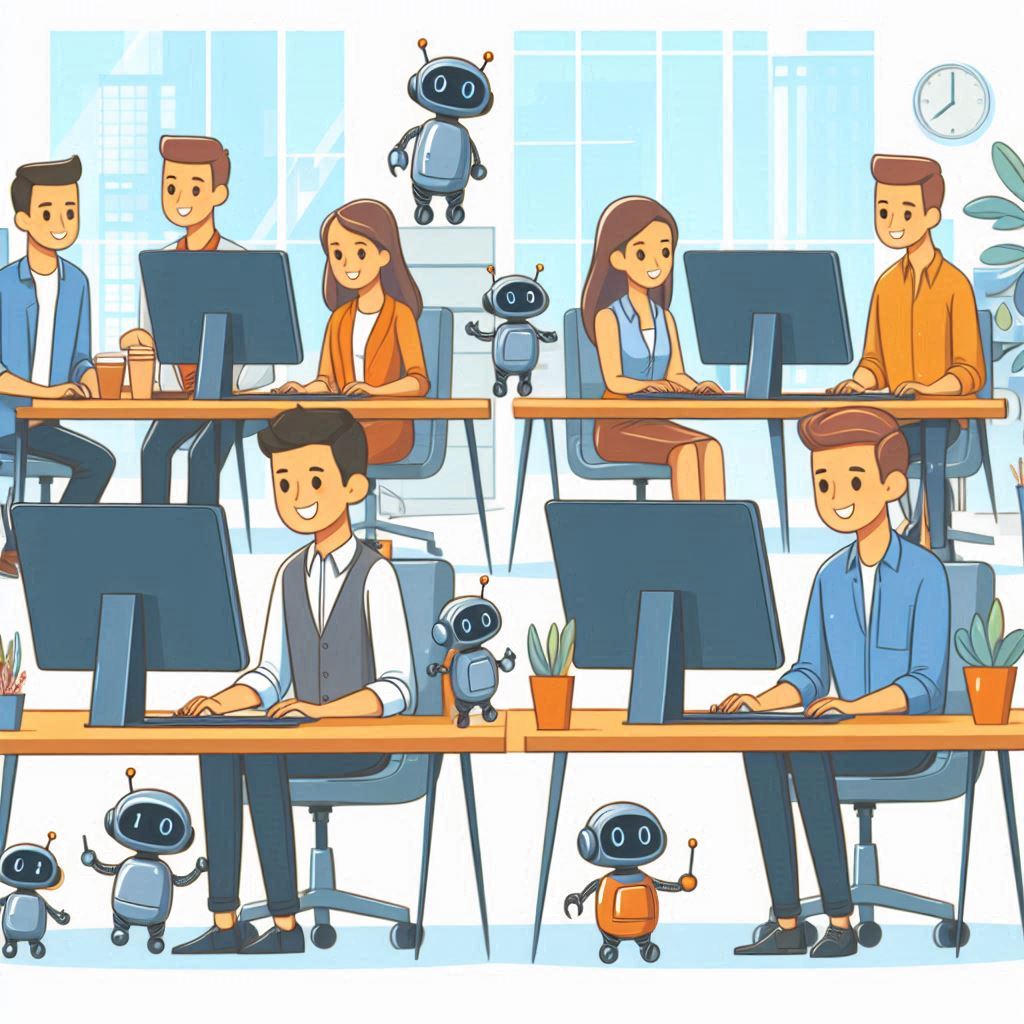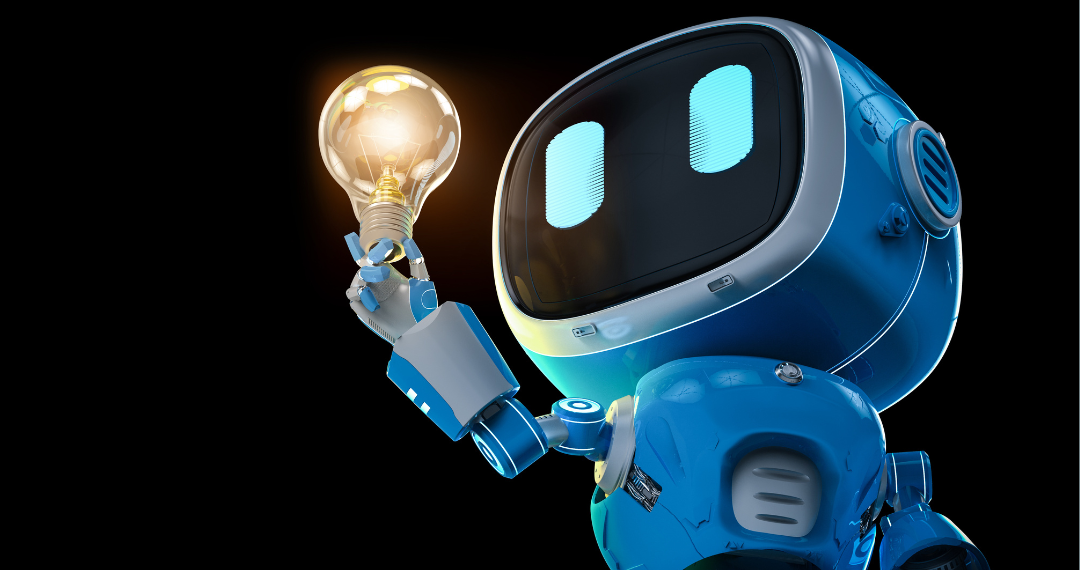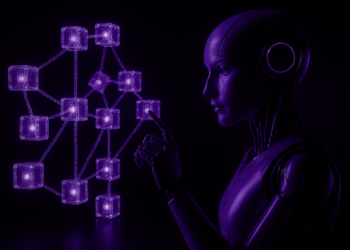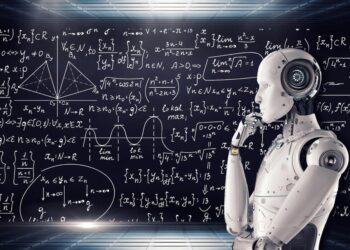Artificial Intelligence (AI) has transcended the realm of hype, becoming a vital component of modern workplaces. It’s impacting everything, from Human Resources and Project Management to Customer Service and personal productivity. So, how can we use AI practically and creatively in everyday work? Let’s explore easy and actionable insights (and their respective tools), for different business areas, to make AI your most effective work companion.
Need some rest for your eyes? You can also listen to the audio above, an AI-generated podcast episode summarising this article.
1. AI in Human Resources: Streamlining Recruitment and Employee Support
Human Resources is evolving rapidly with AI’s capabilities, making it easier to recruit, onboard, and support employees.
- Candidate Screening and Recruitment: AI tools like HireVue and Workday use natural language processing (NLP) to scan resumes, filter candidates based on specific criteria, and even analyse video interviews for communication skills and behavioural cues. By automating initial screenings, HR teams save significant time and reduce bias in the hiring process.
- Scheduling and Interview Management: Chatbots can coordinate interviews, checking schedules, and proposing times with candidates. For example, tools like Calendly can be integrated with AI to find the most convenient meeting times for all participants.
- Employee Onboarding and Support: AI-driven virtual assistants can answer common employee questions, guide new hires through documentation, and provide personalised learning pathways. For instance, ask, “Create a personalised onboarding checklist for a new software engineer.” This automation provides support around the clock, ensuring employees get help when needed.
Pro Tips
- Customising Feedback: Use ChatGPT to role-play during feedback sessions. Prompt, “Simulate a feedback conversation with an employee who is struggling to meet deadlines,” to explore different communication styles.
- Refining Onboarding: Use AI to generate tailored onboarding plans. For example, prompt, “Draft a two-week onboarding schedule for a marketing specialist focusing on content creation tools.”
2. AI in Project Management: Automating Workflow and Predicting Risks
AI-driven project management tools are taking the stress out of handling multiple projects, helping managers automate repetitive tasks and mitigate risks.
- Resource Management: With tools like Asana’s AI-powered workload management or from the Atlassian suite, you can automatically balance team workloads and get suggestions for task prioritisation. This allows teams to stay on track without overburdening anyone.
- Risk Prediction and Dynamic Planning: AI can analyse historical project data to predict potential delays or resource shortages. Monday.com and Trello AI integrations offer timeline adjustments and flag tasks at-risk, based on current activity patterns. These tools provide proactive solutions, such as recommending additional resources to complete a delayed project phase.
Pro Tips
- Contingency Planning: Ask AI to “Generate a risk mitigation plan for a software development project with a tight deadline.”
- Workflow Automation: Use it to create automated workflows that update project management boards, send reminders, and even set new tasks when specific milestones are achieved.
3. AI in Decision-Making: Data-Driven Insights
AI is not just a tool for routine tasks; it transforms decision-making by providing data-driven insights across various business domains.
- Financial Forecasting: Tools like Tableau and Power BI use AI-powered analytics to predict market trends, analyse cash flow, and recommend budget allocations. For instance, they can take raw financial data and generate visual reports highlighting key performance indicators.
- Marketing and Customer Insights: HubSpot and Marketo leverage Artificial Intelligence to identify customer trends, optimise campaigns, and provide personalised recommendations. AI-driven analytics allow companies to dynamically adjust marketing strategies based on real-time customer engagement data.

As you can imagine, this is the tip of the iceberg. AI is developing at such a pace that we can be sure in the very near future more developments will arise and boost even more this revolution in how work is carried out.
Wemanity has developed a unique approach for organisations to make the most out of AI’s current and future capabilities, by addressing the topic on the cultural level and creating a continuous improvement system able to constantly adapt to new ways of working.
Summing Up
Candidate screening and recruitment; Scheduling and managing interviews; Employee onboarding; Employee support; Customised employee feedback
Resource management; Workflow automation; Documentation; Risk prediction and Dynamic planning; Contingency planning
Financial Forecasting; Marketing and Customer Insights; Data-driven insights; Processing, clustering and crossing massive amounts of information














